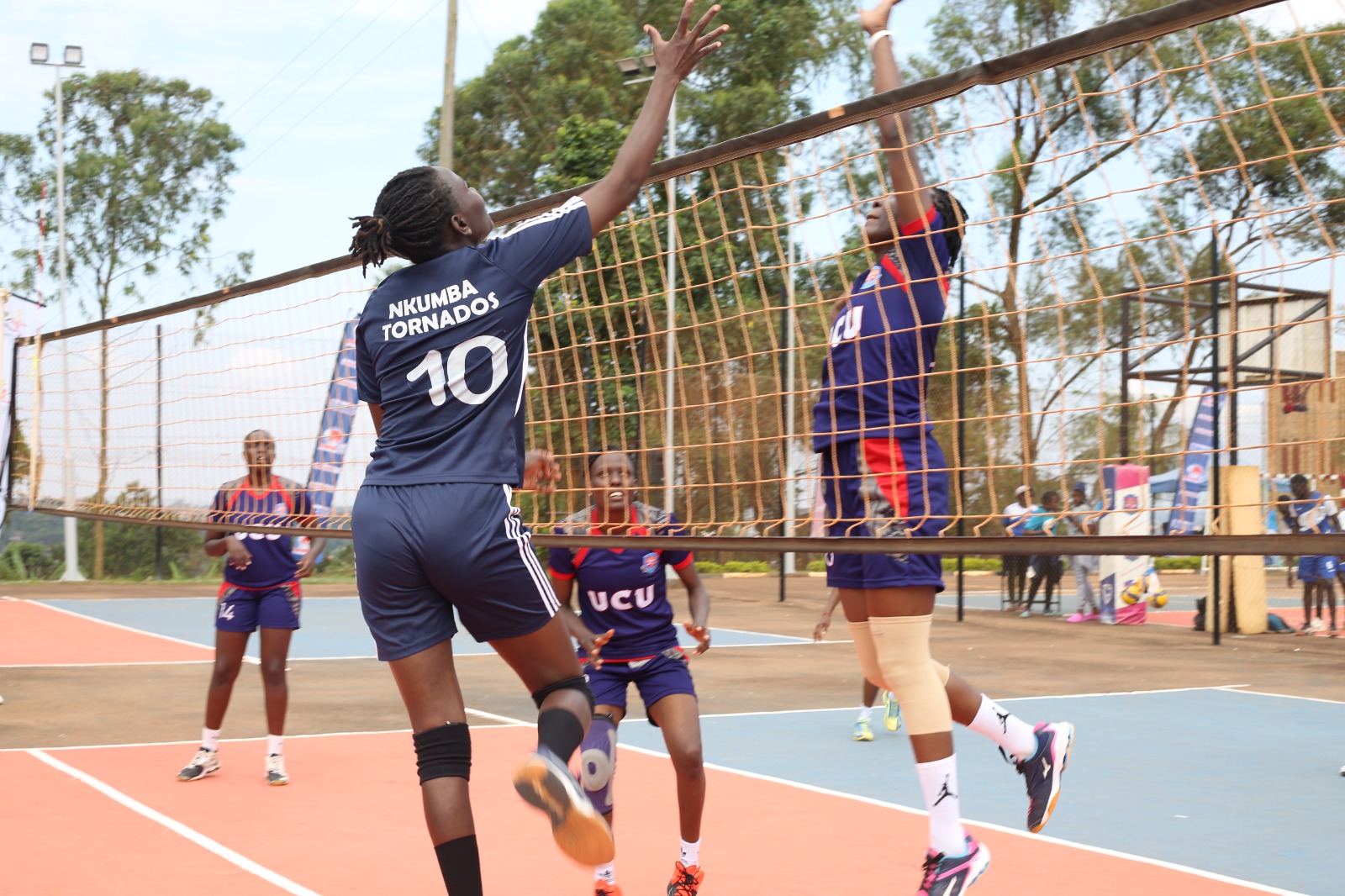By Kasule Simon J Balikagala
Sports have long served as a unifying force, bringing people together for leisure, providing a platform for showcasing talent, and perhaps even as a peer pressure acquittance which makes it crucial to assess its legal framers and contemporary importance.
While the notion of “laws” in sports is widely known, their efficiency and relevance demand careful consideration.
Sports, defined as an institutionalized and competitive activity involving two or more competitors representing different organized associations, holds a central role in societies.
The AFRICAN UNION POLICY FRAMEWORK FOR THE SUSTAINABLE DEVELOPMENT OF SPORT IN AFRICA refines this concept, characterizing sports as a physical pursuit governed by a set of rules and customs. This definition encompasses administration, governing bodies, organizational structure, and historical background, with a focus on competitive engagement.
Uganda embraces a variety of sports, including tennis, woodball, football, cycling, cricket, basketball, and volleyball. Notably, various sports bodies, such as the Ministry of Education and Sports, the National Council of Sports, the Supreme Council of Sports in Africa, the Uganda Olympic Committee, and the International Olympic Committee, play a vital role in setting guidelines and regulations for governing sports.
Where Does the Law Apply in Sports
We all know that almost all official work starts with a contract where we have players coming to terms with their employers. In Uganda, as in the international community, sports are governed by laws, and these include;
- Contract Law
Defined by Blacks’ Law Dictionary as an agreement creating legal obligations regulating various aspects, such as amounts to be paid, payment terms, contractual duration, skill or injury guarantees, salary adjustments, and option clauses. It is further defined in the Contracts Act 2010 as an agreement between parties on a legal subject matter, for lawful consideration, out of free consent and with intentions for it to be legally binding.
- Labor Law
This simply looks at the law governing the relationships between employees and employers especially when it comes to the underpinnings between employers and the unions that represent employees. Labour focus on the peculiar relationships between employers and individuals. key laws in Uganda include the Workers Compensation Act 2000, Minimum Wages Act 2000, Employment Act 2006, Labor Union Arbitration and Settlement Act, and Occupation Act 2006. Coaches and players fall under contracts issued by sports clubs, subject to labor and employment laws.
In a nut shell, both coaches and players (athletes) act in confinement to a contract advanced by a sports club and thus bound by the Ugandan labor laws. See Loranger vs. Mount Allison University. Also see Deli vs. University of Minnesota.
- Tort Law
Protecting individuals from others’ wrongful acts, it encompasses liability of players to players, medical malpractice, university liability to student-athletes, and liability to fans.
Liability of player to player where a player can sue another to recover injuries for any injury that is intentional. See Hackbart v. Cincinnati Bengals Inc.
Medical malpractice; where a player can bring to action the team of physicians for fraudulent concealment of medical information as regards to the health status of the player. See Krueger vs. San Francisco Forty-Niners.
University liability to student-athletes; here there is negligence when the university sports management fails to take duty of care for its players. This can be especially during practice, tournaments among others. See Kleinknecht vs. Gettysburg College.
Liability to fans; by this the sports club also holds a duty of care to its fans regardless of their support, whether invited or not. See Hayden vs. University Of Notre Dame.
It must be noted that this all starts with one party holding a duty of care for the other, hence dictating how the liability of all parties is formed. It is important also to note that there are more examples of tort, for example, Constitutional law.
In the realm where sports and law intersect, the wisdom of Justice Oliver Wendell Holmes Jr. echoes, “The life of the law has not been logic; it has been experience.” As we conclude this in-depth analysis on the Applicability of Sports Laws in Uganda, the profound implications of legal frameworks in the sporting arena become undeniable.
Sports, a timeless unifier, stands as an institutionalized and competitive activity, regulated by a tapestry of laws and customs
In this journey through laws governing sports, we realize that the essence lies not merely in the logic of statutes but in the collective experience of athletes, coaches, clubs, and fans. It is a tapestry woven by duty, care, accountability, and the pursuit of fairness.
The author is s first-year Law student at Nkumba University who has undertaken this profound exploration, inviting us to contemplate on the interjection of sports and the law.
He can be reached via Email: balikagalak@gmail.com






















Discussion about this post